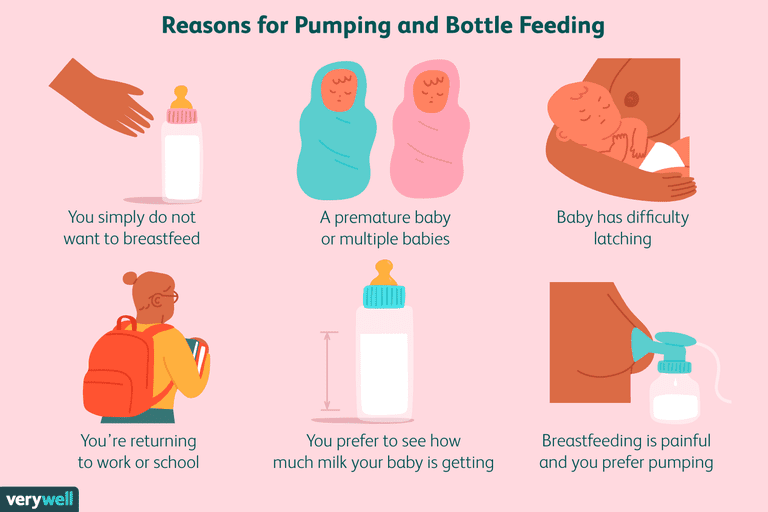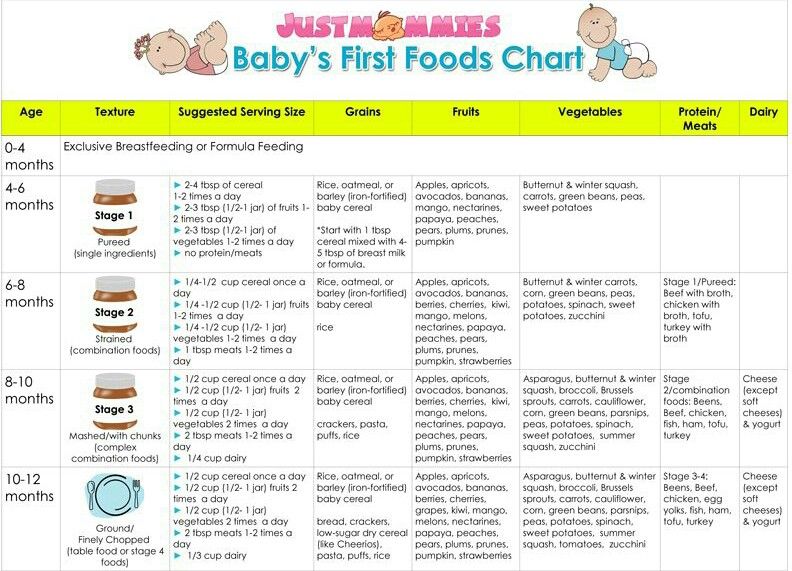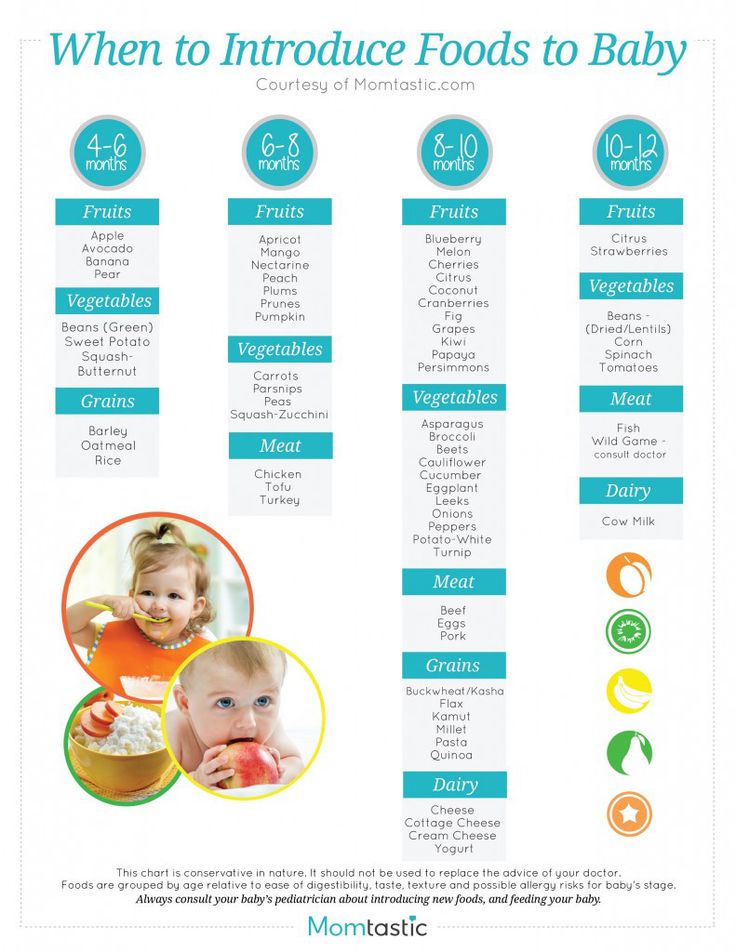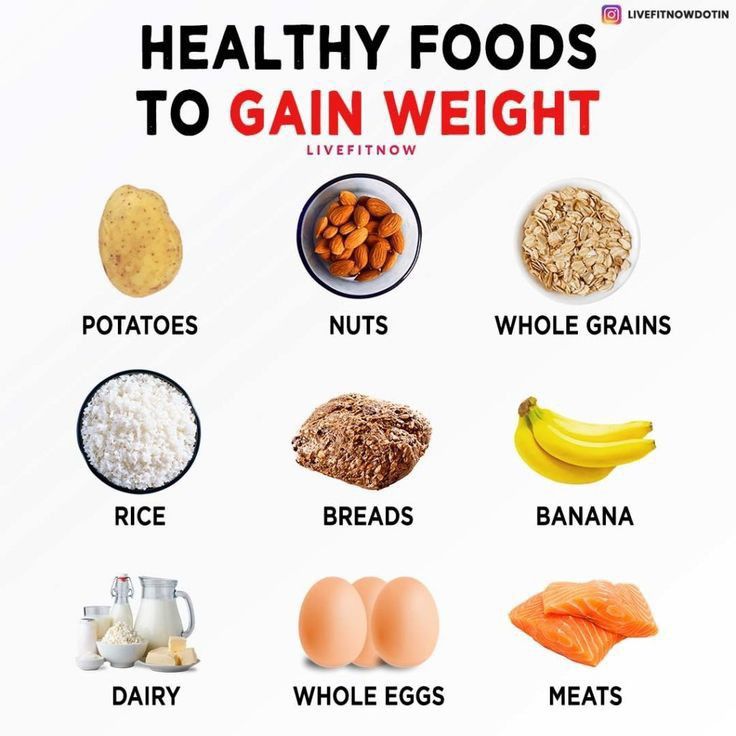Breastfed baby cluster feeding at night
Surviving Cluster Feeding and Those Long, Fussy Nights
by Jenny Silverstone
If you’re breastfeeding your baby, you may have been warned about cluster feeding by your other mom friends. It can be a difficult phase to get through and you may even question if you are making enough milk, but we’ve got your back with all the information you’ll need.
What is Cluster Feeding?Cluster feeding is a normal phase, especially for breastfed babies. While babies eat often — somewhere between 8 to 12 times in a single day — with cluster feedings, a lot of those feedings will be close together. It often happens in the evening — suddenly your baby will want to be at your breast endlessly. Cluster feeding is completely normal and usually occurs in your baby’s first six months. You’ll likely see it for the first time soon after your baby is born. It’s a hard time for moms. It’s tiring, and it prevents them from getting anything else done. Cluster feeding may last just a couple days or it can last for a few weeks. Only your baby will decide that — it will know when and for how long it needs more milk. Your little one is basically telling your body to increase your milk supply with the extra stimulation at breast to meet their growing body’s nutritional needs.
No one is really certain what causes cluster feeding. It could be caused by a variety of reasons. Perhaps a baby is having a growth spurt and needs more milk to fuel it. And since so many cluster feedings tend to occur at night, it can feel soothing to your baby to do when they are undergoing developmental stages.
How Cluster Feeding Can Help MomsBecause your baby is attached to your breast for sometimes hours at a stretch, cluster feeding doesn’t feel like a good thing for you, even though you may love the extra snuggles from your babies. But it’s so demanding, it can leave you feeling exhausted and overwhelmed. When that happens, you need to keep the positives of cluster feeding in your mind so you feel better about your situation. Looking on the bright side can really help, so here are a couple of big positives about cluster feeding.
Looking on the bright side can really help, so here are a couple of big positives about cluster feeding.
- It can increase your milk supply: Because your milk supply ramps up with frequent breastfeeding or pumping sessions, you’ll feel less worried about potentially running out of milk as your baby grows. You can use that extra milk to build up your freezer stash. It’s amazing how your body knows exactly what to do to meet your baby’s needs!
- Your baby might sleep longer stretches in the night: There’s an outside possibility that cluster feeding might make your child sleep longer at night, which means you could also sleep longer. While there’s no guarantee, it’s nice to have that to daydream about — a good night’s sleep.
Any way you slice it, cluster feeding is tough. Your baby will be so fussy, you’ll wonder what’s going on, and after a while, you’re going to be tired of being treated like an all-you-can-eat buffet.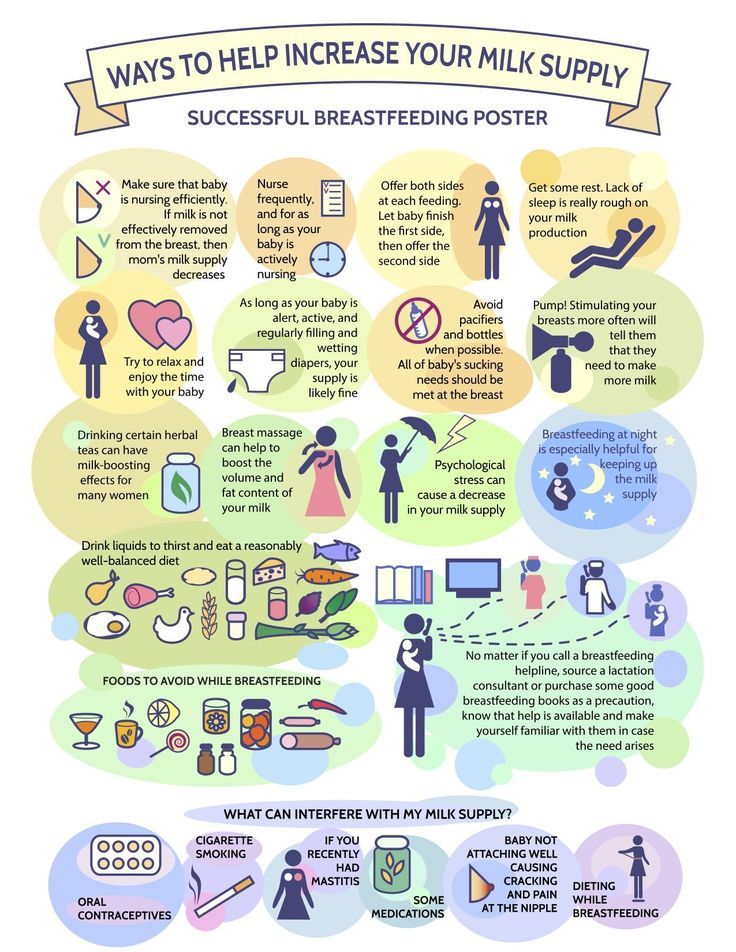 You may feel like you’re barely clinging to sanity, but there are some ways you can take the sting out of the experience.
You may feel like you’re barely clinging to sanity, but there are some ways you can take the sting out of the experience.
- Make a cluster feeding kit: You’re going to be tied up for hours during these cluster feeding sessions so you need to be prepared. Have a movie ready to watch, have snacks and water nearby, and grab a few magazines or a book to keep on hand.
- Enlist help: You’re the only one with the breast milk your baby needs, but that doesn’t mean others can’t help too. Your partner should also be in on this non-stop fun. If your baby takes a break in the breastfeeding action, even just for a few minutes, hand your little one off to your partner and give your body a much-needed break.
- Don’t skimp on the food and drinks: Aim for nutritious food and don’t forget to stay well-hydrated. Breastfeeding is a lot of work for your body and it needs all the nourishment it can get. Breastfeeding torches an estimated 500 calories a day normally, and you may burn more than that when your baby cluster feeds.
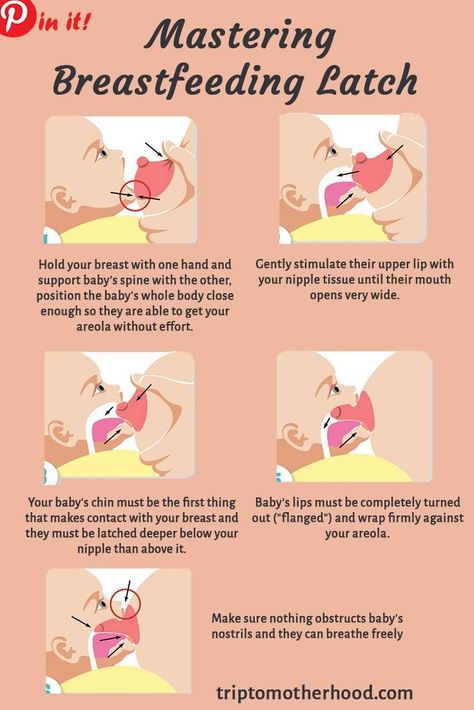
- Get enough sleep: Because of all the extra feedings, you’re going to be more tired than ever. Even if it’s the early evening hours and you have a million other things you’d rather be doing, lay down when your baby does and try to get some power naps in there.
- Let your baby dictate what it wants: You might be so tired of breastfeeding after a few days of cluster feeding that you’ll look for other ways to soothe your baby. Babies know what they want and what they need when it comes to how much milk they take in, so feed them as often as they need it.
- Give your arms a rest: Put your baby down whenever possible — in a baby swing, a crib, or a pack ‘n play. Babies may be light, but they feel super heavy on the arms after a while. You could potentially be holding your baby for hours, so you need to pencil in a break for your arms whenever you can.
- Let the chores go: Your house may look like a disaster zone during cluster feeding episodes, and you’ll have to be okay with that.
 You can ask your partner to pitch in more during this time. If that’s not possible, just let it go and do your best to catch up with it when things are back to normal.
You can ask your partner to pitch in more during this time. If that’s not possible, just let it go and do your best to catch up with it when things are back to normal. - Don’t turn on the lights at night: If your baby gets up frequently in the night during cluster feeding episodes, make it your goal to get your baby back to sleep as soon as possible. Keep those lights off, don’t make any loud noises, and change their diaper before the feeding begins so they can be put in their crib as soon as they get their nourishment.
Even if you sail through the exhaustion and all the sitting you’re going to have to do, you still might have other issues with cluster feeding. Your mind might be strong, but your nipples could be feeling like they have been dipped in lava. What’s a girl to do when her nipples are cracked and possibly bleeding but her baby is screaming for more? First of all, ensure that you have the baby latched properly at breast to prevent nipple trauma. It’s not about having baby on like a “bullseye”; it’s more about the proper latch. If you are concerned baby is only getting the nipple when latching, reach out to a Lactation Consultant for help.
It’s not about having baby on like a “bullseye”; it’s more about the proper latch. If you are concerned baby is only getting the nipple when latching, reach out to a Lactation Consultant for help.
Outside of proper latch and positioning, here are some solutions when you feel like your nipples have gone around with sandpaper.
- Put nipple cream to work: Nipple cream can be soothing. You can either use coconut oil, creams available in stores, or you can even try rubbing a few drops of breast milk over your nipples when feeding time is done. If you use a cream, make sure to wash it off your nipples before feeding your baby again if that’s required on the instructions.
- Skip the tight bras: While your nipples are sore, you should avoid tight bras or ones that are made of scratchy material. That will just make you feel even worse.
- Use warm moisture: Keeping your nipples hydrated will help and using warm, not hot, water will feel soothing and keep them from drying out.
 You can put a damp and warm towel over your nipples for a few minutes and see if that helps.
You can put a damp and warm towel over your nipples for a few minutes and see if that helps. - Ditch the shirt: If you don’t have any older children living with you and you have shades or blinds up over your windows to block you from any nosy neighbors, you can go shirtless too. That will stop any unnecessary chafing.
- Use different positions while breastfeeding: Changing the angle slightly during each session may protect your nipples a bit.
When your baby deviates from their established routine or what is normal for them, of course, you’re going to be worried. You’ll wonder if something is wrong with your baby or if you’re doing something incorrectly to cause them to act that way. To make yourself feel better and cover your bases, make sure your baby is still frequently having wet and dirty (stool) diapers in case you are suddenly having problems with your supply. You should see at least five very wet diapers a day from your baby — if you don’t see this many, call your doctor.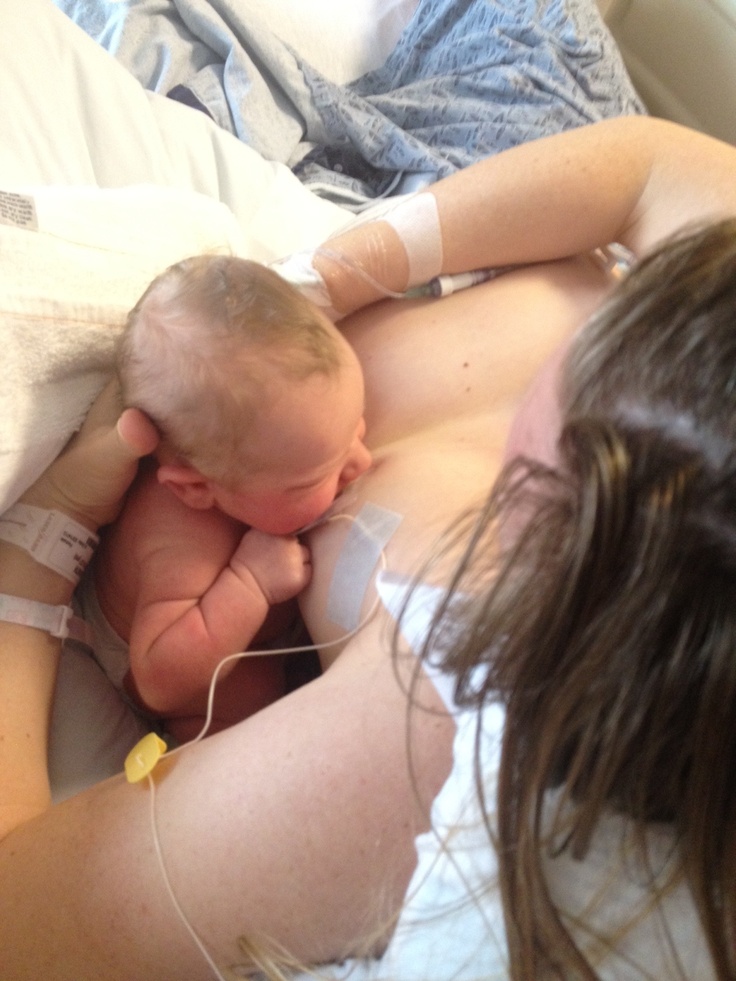 It may also be a good idea to call your doctor or Lactation Consultant if your baby’s cluster feeding has gone on for more than a few days. While it can be normal for it to last longer than that, you’ll probably be really worried by this point and a quick doctor’s visit would be worth it to ease your mind.
It may also be a good idea to call your doctor or Lactation Consultant if your baby’s cluster feeding has gone on for more than a few days. While it can be normal for it to last longer than that, you’ll probably be really worried by this point and a quick doctor’s visit would be worth it to ease your mind.
Cluster feedings are just a minor speed bump during all the years you’ll have as a parent, so it’s helpful to keep it in perspective when you’re in the midst of it and it feels insurmountable. You’ll be through this challenge in just a few days and you’ll feel more confident that you can get through anything.
About the AuthorJenny Silverstone is the mother of two, and breastfeeding advocate and an editor and writer for the popular parenting blog Mom Loves Best. Jenny’s loves helping inspire and educate other mothers on all topics related to breastfeeding, pumping breastmilk, and dealing with low milk supply.
Cluster Feeding and Fussy Evenings • KellyMom.com
By Kelly Bonyata, BS, IBCLC
It is very common for babies to be fussy and nurse very often in the evenings, particularly in the early months.
My daughter had a fussy time every evening for a couple of months (yes, it does go away!). I spent weeks camped out on the end of the sofa with a constantly nursing and/or fussy baby every evening from about 6 to 10 PM.
With my son, we didn’t have the luxury of being able to sit down. Alex was unhappy and crying unless he was upright and being walked around at this time of day (and sometimes this only helped him to be less unhappy). He would occasionally have a very fussy time during the day, too. Nursing rarely helped to calm his fussiness (unlike with my daughter), so I usually didn’t have that tool to work with (though I always tried).
His fussiness was such that I looked into other causes (such as food sensitivity), but we never determined any reason for it and he was all smiles the rest of the time. The fussiness gradually went away between 3 and 4 months, as is the norm, but the first few months were hard. Nowadays, the typical comment that I hear about him is “Is he always this happy?” So remember: this, too, will pass…
Cluster feeding, also called bunch feeding, is when babies space feeding closer together at certain times of the day and go longer between feedings at other times. This is very common, and often occurs in the evenings. It’s often -but not always- followed by a longer sleep period than usual: baby may be “tanking up” before a long sleep. For example, your baby may nurse every hour (or even constantly) between 6 and 10 PM, then have a longish stretch of sleep at night – baby may even sleep all night.
.
Cluster feeding often coincides with your baby’s fussy time.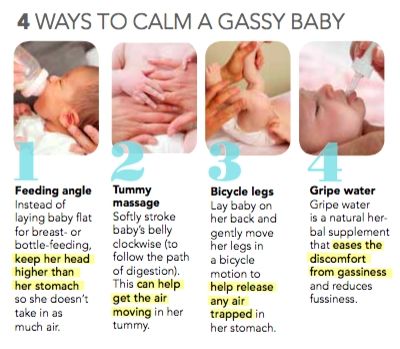 Baby will nurse a few minutes, pull off, fuss/cry, nurse a few minutes, pull off, fuss/cry… on and on… for hours. This can be VERY frustrating, and mom starts wondering if baby is getting enough milk, if something she is eating is bothering baby, if EVERYTHING she is doing is bothering baby… It can really ruin your confidence, particularly if there is someone else around asking the same questions (your mother, your husband, your mother-in-law).
Baby will nurse a few minutes, pull off, fuss/cry, nurse a few minutes, pull off, fuss/cry… on and on… for hours. This can be VERY frustrating, and mom starts wondering if baby is getting enough milk, if something she is eating is bothering baby, if EVERYTHING she is doing is bothering baby… It can really ruin your confidence, particularly if there is someone else around asking the same questions (your mother, your husband, your mother-in-law).
This behavior is NORMAL! It has nothing to do with your breastmilk or your mothering. If baby is happy the rest of the day, and baby doesn’t seem to be in pain (as with colic) during the fussy time – just keep trying to soothe your baby and don’t beat yourself up about the cause. Let baby nurse as long and as often as he will. Recruit dad (or another helper) to bring you food/drink and fetch things (book/remote/phone/etc.) while you are nursing and holding baby.
Does this mean that baby needs more milk than I can provide?
No. Don’t give baby a bottle — supplementation will only tell your body that you need LESS milk at this time, and that will not help matters. Also, keep in mind that formula fed babies experience fussy periods in the evening, too — fussy evenings are common for all young babies, no matter how they are fed. The Academy of Breastfeeding Medicine spells this out in their supplementary feeding guidelines:
Don’t give baby a bottle — supplementation will only tell your body that you need LESS milk at this time, and that will not help matters. Also, keep in mind that formula fed babies experience fussy periods in the evening, too — fussy evenings are common for all young babies, no matter how they are fed. The Academy of Breastfeeding Medicine spells this out in their supplementary feeding guidelines:
There are common clinical situations where evaluation and breastfeeding management may be necessary, but supplementation is NOT INDICATED including… The infant who is fussy at night or constantly feeding for several hours.
Why do babies fuss in the evening?
One frequently-heard explanation for baby’s fussiness in the evenings is that milk volume tends to be lower in the evening due to the natural cycling of hormones throughout the day. However, Dr. Peter Hartmann, a breastfeeding researcher, has said that in the women he has studied, milk volume is not low at this time of day. Even if milk volume is lower in the evening, fat content is typically higher in the evening (particularly if baby is allowed to control this via cue feeding), so the amount of calories that baby is getting should not be significantly different. Milk flow can be slower in the evening, which may be frustrating for some babies.
Even if milk volume is lower in the evening, fat content is typically higher in the evening (particularly if baby is allowed to control this via cue feeding), so the amount of calories that baby is getting should not be significantly different. Milk flow can be slower in the evening, which may be frustrating for some babies.
Doctors often attribute evening fussiness to baby’s immature nervous system (and the fussiness does end as baby gets older, usually by 3-4 months). However, Dr. Katherine Dettwyler (who does research on breastfeeding in traditional societies) states that babies in Mali, West Africa and other traditional societies don’t have colic or late afternoon/evening fussiness. These babies are carried all day and usually nurse several times each hour.
So perhaps none of these explanations is a complete answer to baby’s evening fussiness. For many babies, the fussy time seems to be characterized by a need to have small quantities of milk at frequent intervals, combined with lots of holding, cuddling and movement. Babies who are offered as much expressed milk or formula as they will take by bottle [note: this practice will decrease your milk supply!] often behave in exactly the same way in the evenings. Baby takes a small amount and dozes (and fusses), then a little more, and so on. Perhaps babies “remember” mom being very active during her pregnancy at these times, and want to be held, rocked, and nurtured constantly again.
Babies who are offered as much expressed milk or formula as they will take by bottle [note: this practice will decrease your milk supply!] often behave in exactly the same way in the evenings. Baby takes a small amount and dozes (and fusses), then a little more, and so on. Perhaps babies “remember” mom being very active during her pregnancy at these times, and want to be held, rocked, and nurtured constantly again.
Perhaps babies simply need to nurse more often at this time — rather than consume more milk.
Soothing techniques for the fussy times
- Wear baby in a sling or baby carrier. This will free one or both hands for other tasks (fixing dinner, caring for other children) while you hold, soothe and nurse your baby.
- Change of pace. Let dad have some “baby time” while mom takes a shower or simply gets some time to herself to relax and regroup after a long day.
- Go outside.
 Relax baby (and mom too) with a walk, or just sit and enjoy the outdoors. Try this a little before baby’s regular fussy time.
Relax baby (and mom too) with a walk, or just sit and enjoy the outdoors. Try this a little before baby’s regular fussy time. - Soothe with sound. Sing, hum, talk, murmur shhhh, listen to music, or use ‘white noise.’ Try different types of sound, different styles of music and singers with different types of voices.
- Soothe with rhythmic motion. Walk, sway, bounce, dance, swing, or even try a car ride.
- Soothe with touch. Hold or bathe baby, try baby massage.
- Reduce stimulation. Dim lights, reduce noise, swaddle baby.
- Vary nursing positions. Try side lying, lying on your back to nurse with baby tummy to tummy, etc.
- Nurse in motion (while rocking, swaying, walking, etc.).
- Combine rhythmic motion with soothing sounds.
- Avoid scheduling, even more so in the fussy evening hours.
- More soothing techniques.

More resources for fussy babies
@ KellyMom- My baby is fussy! Is something wrong? What is normal, reasons for fussing, and comfort measures for baby.
- My baby is gassy. Is this caused by something in my diet?
- The Distractible Baby
- Is your baby nursing all the time?
- Fussy babies – is it the arsenic hour? from the Australian Breastfeeding Association
- Cluster Feeding by Lisa Hassan Scott, from the September 2014 Breastfeeding Today
- Infant fussiness from Mother-2-Mother.com
- The Pitfalls of Supplementing a Breastfed Baby by Cheryl Taylor White
- Fussy periods and wonder weeks from the Australian Breastfeeding Association
Helpful books
The Happiest Baby on the Block: The New Way to Calm Crying and Help Your Baby Sleep Longer
by Harvey Karp, MD
The Fussy Baby Book: Parenting Your High-Need Child From Birth to Age Five
by William Sears, MD and Martha Sears, RN, IBCLC
Breastfeeding in the first month: what to expect
Not sure how to establish lactation and increase milk production? If you need help, support, or just want to know what to expect, read our first month breastfeeding advice
Share this information
The first weeks of breastfeeding are a very stressful period. If at times you feel like you can't handle it, know that you are not alone. Feeding your baby all day long is completely natural and helps produce breast milk, but can be quite tiring at times. Be patient, think about yourself and remember: after the first month, when milk production stabilizes, it will become easier. nine0003
If at times you feel like you can't handle it, know that you are not alone. Feeding your baby all day long is completely natural and helps produce breast milk, but can be quite tiring at times. Be patient, think about yourself and remember: after the first month, when milk production stabilizes, it will become easier. nine0003
How often should a baby be breastfed?
Babies are born with a small stomach that grows rapidly with increasing milk production: in the first week it is no larger than an apricot, and after two weeks it is already the size of a large chicken egg. 1.2 Let the child eat as much as he wants and when he wants. This will help him quickly regain the weight lost after birth and grow and develop further.
“Be prepared to feed every two to three hours throughout the day. At night, the intervals between feedings can be longer: three to four or even five hours, says Cathy Garbin, a recognized international expert on breastfeeding. Some eat quickly and are satiated in 15 minutes, while others take up to an hour to feed. Do not compare your breastfeeding regimen with that of other mothers - it is very likely that there will be nothing in common between them. nine0003
Do not compare your breastfeeding regimen with that of other mothers - it is very likely that there will be nothing in common between them. nine0003
At each feed, give your baby a full meal from one breast and then offer a second one, but don't worry if the baby doesn't take it. When the baby is full, he lets go of his breast and at the same time looks relaxed and satisfied - so much so that he can immediately fall asleep. The next time you feed, start on the other breast. You can monitor the order of the mammary glands during feeding using a special application.
Why does the child always ask for a breast?
The first month is usually the hardest time to breastfeed. But do not think that since the child is constantly hungry and asks for a breast almost every 45 minutes, then you do not have enough milk. nine0003
In the first month, the baby needs to eat frequently to start and stimulate the mother's milk production. It lays the foundation for a stable milk supply in the future. 3
3
In addition, we must not forget that the child needs almost constant contact with the mother. The bright light and noise of the surrounding world at first frighten the baby, and only by clinging to his mother, he can calm down.
Sarah, mother of three from the UK, confirms: “Crying is not always a sign of hunger. Sometimes my kids just wanted me to be around and begged for breasts to calm them down. Use a sling. Place the cradle next to the bed. Don't look at the clock. Take advantage of every opportunity to relax. Forget about cleaning. Let those around you take care of you. And not three days, but six weeks at least! Hug your baby, enjoy the comfort - and trust your body." nine0003
Do I need to feed my baby on a schedule?
Your baby is still too young for a strict daily routine, so
forget about breastfeeding schedules and focus on his needs.
“Volumes have been written about how to feed a baby on a schedule, but babies don't read or understand books,” Cathy says.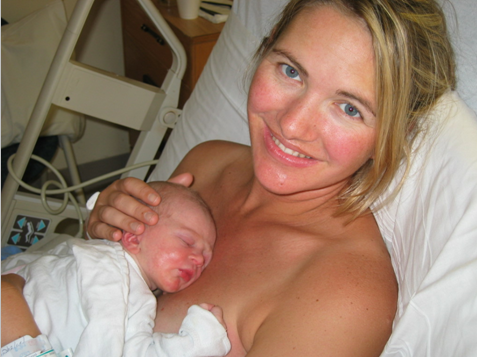 - All children are different. Some people can eat on a schedule, but most can't. Most often, over time, the child develops his own schedule.
- All children are different. Some people can eat on a schedule, but most can't. Most often, over time, the child develops his own schedule.
Some mothers report that their babies are fine with scheduled feedings, but they are most likely just the few babies who would eat every four hours anyway. Adults rarely eat and drink the same foods at the same time of day - so why do we expect this from toddlers?
Offer your baby the breast at the first sign of hunger. Crying is already the last stage, so be attentive to early signs: the baby licks his lips, opens his mouth, sucks his fist, turns his head with his mouth open - looking for the breast. nine0013 4
What is a "milk flush"?
At the beginning of each feed, a hungry baby actively sucks on the nipple,
thereby stimulating the milk flow reflex - the movement of milk through the milk ducts. 5
“Nipple stimulation triggers the release of the hormone oxytocin,” explains Cathy. “Oxytocin is distributed throughout the body and causes the muscles around the milk glands to contract and the milk ducts to dilate. This stimulates the flow of milk. nine0003
If the flushing reflex fails, milk will not come out. This is a hormonal response, and under stress it may not work at all or work poorly. Therefore, it is so important that you feel comfortable and calm when feeding.
“Studies show that each mother has a different rhythm of hot flashes during one feed,” Kathy continues, “Oxytocin is a short-acting hormone, it breaks down in just 30-40 seconds after formation. Milk begins to flow, the baby eats, the effect of oxytocin ends, but then a new rush of milk occurs, the baby continues to suckle the breast, and this process is repeated cyclically. That is why, during feeding, the child periodically stops and rests - this is how nature intended. nine0003
The flow of milk may be accompanied by a strong sensation of movement or tingling in the chest, although 21% of mothers, according to surveys, do not feel anything at all. 5 Cathy explains: “Many women only feel the first rush of milk. If you do not feel hot flashes, do not worry: since the child eats normally, most likely, you simply do not understand that they are.
5 Cathy explains: “Many women only feel the first rush of milk. If you do not feel hot flashes, do not worry: since the child eats normally, most likely, you simply do not understand that they are.
How do you know if a baby is getting enough milk?
Since it is impossible to track how much milk a baby eats while breastfeeding, mothers sometimes worry that the baby is malnourished. Trust your child and your body. nine0003
After a rush of milk, the baby usually begins to suckle more slowly. Some mothers clearly hear how the baby swallows, others do not notice it. But one way or another, the child himself will show when he is full - just watch carefully. Many babies make two or three approaches to the breast at one feeding. 6
“When a child has had enough, it is noticeable almost immediately: a kind of “milk intoxication” sets in. The baby is relaxed and makes it clear with his whole body that he is completely full, says Katie, “Diapers are another great way to assess whether the baby is getting enough milk. During this period, a breastfed baby should have at least five wet diapers a day and at least two portions of soft yellow stool, and often more.” nine0003
During this period, a breastfed baby should have at least five wet diapers a day and at least two portions of soft yellow stool, and often more.” nine0003
From one month until weaning at six months of age, a baby's stool (if exclusively breastfed) should look the same every day: yellow, grainy, loose, and watery.
When is the child's birth weight restored?
Most newborns lose weight in the first few days of life. This is normal and should not be cause for concern. As a rule, weight is reduced by 5-7%, although some may lose up to 10%. One way or another, by 10–14 days, almost all newborns regain their birth weight. In the first three to four months, the minimum expected weight gain is an average of 150 grams per week. But one week the child may gain weight faster and the next slower, so it is necessary that the attending physician monitor the health and growth of the baby constantly. nine0013 7.8
At the slightest doubt or signs of dehydration, such as
dark urine, no stool for more than 24 hours, retraction of the fontanel (soft spot on the head), yellowing of the skin, drowsiness, lethargy, lack of appetite (ability to four to six hours without feeding), you should immediately consult a doctor.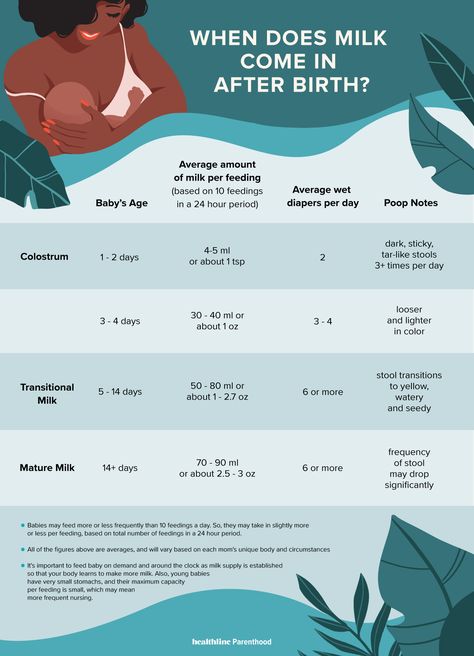 7
7
What is "cluster feeding"?
When a baby asks to breastfeed very often for several hours, this is called cluster feeding. nine0013 6 The peak often occurs in the evening between 18:00 and 22:00, just when many babies are especially restless and need close contact with their mother. Most often, mothers complain about this in the period from two to nine weeks after childbirth. This is perfectly normal and common behavior as long as the baby is otherwise healthy, eating well, gaining weight normally, and appears content throughout the day. 9
Cluster feeding can be caused by a sharp jump in the development of the body - during this period the baby especially needs love, comfort and a sense of security. The growing brain of a child is so excited that it can be difficult for him to turn off, or it just scares the baby. nine0013 9 If a child is overworked, it is often difficult for him or her to calm down on his own, and adult help is needed.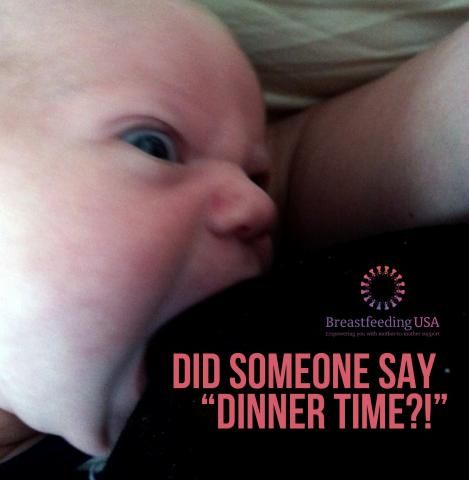 And breastfeeding is the best way to calm the baby, because breast milk is not only food, but also pain reliever and a source of happiness hormones. 10
And breastfeeding is the best way to calm the baby, because breast milk is not only food, but also pain reliever and a source of happiness hormones. 10
“Nobody told me about cluster feeding, so for the first 10 days I just went crazy with worry - I was sure that my milk was not enough for the baby,” recalls Camille, a mother from Australia, “It was a very difficult period . I was advised to pump and supplement until I finally contacted the Australian Breastfeeding Association. There they explained to me what was happening: it turned out that it was not about milk at all. nine0003
Remember, this is temporary. Try to prepare dinner for yourself in the afternoon, when the baby is fast asleep, so that in the evening, when he begins to often breastfeed, you have the opportunity to quickly warm up the food and have a snack. If you are not alone, arrange to carry and rock the baby in turns so that you have the opportunity to rest. If you have no one to turn to for help and you feel that your strength is leaving you, put the baby in the crib and rest for a few minutes, and then pick it up again. nine0003
nine0003
Ask your partner, family and friends to help you with household chores, cooking and caring for older children if you have any. If possible, hire an au pair. Get as much rest as possible, eat well and drink plenty of water.
“My daughter slept a lot during the day, but from 23:00 to 5:00 the cluster feeding period began, which was very tiring,” recalls Jenal, a mother from the USA, “My husband tried his best to make life easier for me - washed, cleaned, cooked, changed diapers, let me sleep at every opportunity and never tired of assuring me that we were doing well. nine0003
If you are concerned about the frequency of breastfeeding, it is worth contacting a specialist. “Check with a lactation consultant or doctor to see if this is indicative of any problems,” recommends Cathy. “Resist the temptation to supplement your baby with formula (unless recommended by your doctor) until you find the cause. It may not be a matter of limited milk production at all - it may be that the child is inefficiently sucking it.
When will breastfeeding become easier? nine0011
This early stage is very special and does not last long. Although sometimes it seems that there will be no end to it, rest assured: it will get easier soon! By the end of the first month, breast milk production will stabilize, and the baby will become stronger and learn to suck better at the breast. 2.3 Any problems with latch on by this time will most likely be resolved and the body will be able to produce milk more efficiently so inflammation and leakage of milk will start to subside.
“The first four to six weeks are the hardest, but then things start to get better,” Cathy assures. It just needs to be experienced!” nine0003
The longer breastfeeding continues, the more benefits it brings, from saving on formula and improving sleep quality 11–13 to boosting your baby's immune system 14 and reducing your risk of certain cancers. 15
“When you feel like you're pushing yourself, try to go from feed to feed and day to day,” says Hannah, a UK mom.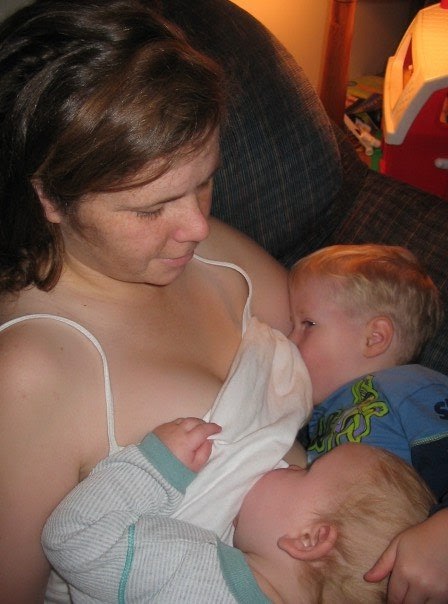 “I was sure I wouldn’t make it to eight weeks. And now I have been breastfeeding for almost 17 weeks, and I dare say it is very easy.” nine0003
“I was sure I wouldn’t make it to eight weeks. And now I have been breastfeeding for almost 17 weeks, and I dare say it is very easy.” nine0003
Read the resource Breastfeeding Beyond the First Month: What to Expect
Literature
1 Naveed M et al. An autopsy study of relationship between perinatal stomach capacity and birth weight. Indian J Gastroenterol .1992;11(4):156-158. - Navid M. et al., Association between prenatal gastric volume and birth weight. Autopsy. Indian J Gastroenterol. 1992;11(4):156-158.
2 Neville MC et al. Studies in human lactation: milk volumes in lactating women during the onset of lactation and full lactation .Am J Clinl Nutr . 1988;48(6):1375-1386. at the beginning and at the peak of lactation." Am F Clean Nutr. 1988;48(6):1375-1386.
3 Kent JC et al. Principles for maintaining or increasing breast milk production. J Obstet , Gynecol , & Neonatal Nurs . 2012;41(1):114-121. - Kent J.S. et al., "Principles for Maintaining and Increasing Milk Production". J Obstet Ginecol Neoneutal Nurs. 2012;41(1):114-121. nine0129
Principles for maintaining or increasing breast milk production. J Obstet , Gynecol , & Neonatal Nurs . 2012;41(1):114-121. - Kent J.S. et al., "Principles for Maintaining and Increasing Milk Production". J Obstet Ginecol Neoneutal Nurs. 2012;41(1):114-121. nine0129
4 Australian Breastfeeding Feeding cues ; 2017 Sep [ cited 2018 Feb ]. - Australian Breastfeeding Association [Internet], Feed Ready Signals; September 2017 [cited February 2018]
5 Kent JC et al. Response of breasts to different stimulation patterns of an electric breast pump. J Human Lact . 2003;19(2):179-186. - Kent J.S. et al., Breast Response to Different Types of Electric Breast Pump Stimulation. J Human Lact (Journal of the International Association of Lactation Consultants). 2003;19(2):179-186.
J Human Lact (Journal of the International Association of Lactation Consultants). 2003;19(2):179-186.
6) Kent JC et al . Volume and frequency of breastfeedings and fat content of breast milk throughout the day. Pediatrics. 2006;117(3): e 387-395. — Kent J.S. et al., "Amount and frequency of breastfeeding and fat content of breast milk during the day." Pediatrix (Pediatrics). 2006;117(3):e387-95.
7 Lawrence RA, Lawrence RM. Breastfeeding: A guide for the medical profession. 7th ed. Maryland Heights MO, USA: Elsevier Mosby; 2010. 1128 p . - Lawrence R.A., Lawrence R.M., "Breastfeeding: A guide for healthcare professionals." Seventh edition. Publisher Maryland Heights , Missouri, USA: Elsevier Mosby; 2010. P. 1128.
8 World Health Organization. [Internet]. Child growth standards; 2018 [cited 2018 Feb] - World Health Organization. [Internet]. Child Growth Standards 2018 [cited February 2018]. nine0129
[Internet]. Child growth standards; 2018 [cited 2018 Feb] - World Health Organization. [Internet]. Child Growth Standards 2018 [cited February 2018]. nine0129
9 Australian Breastfeeding Association . [ Internet ]. Cluster feeding and fussing babies ; Dec 2017 [ cited 2018 Feb ] - Australian Breastfeeding Association [Internet], Cluster Feeding and Screaming Babies; December 2017 [cited February 2018]. nine0129
10 Moberg KU, Prime DK. Oxytocin effects in mothers and infants during breastfeeding. Infant . 2013;9(6):201-206.- Moberg K, Prime DK, "Oxytocin effects on mother and child during breastfeeding". Infant. 2013;9(6):201-206.
11 U.S. Department of Health & Human Services [Internet]. Surgeon General Breastfeeding factsheet; 2011 Jan 20 [cited 2017 Feb] - Department of Health and Human Services [Internet], "Breastfeeding Facts from the Chief Medical Officer", Jan 20, 2011 [cited Feb 2017]
12 Kendall-Tackett K et al.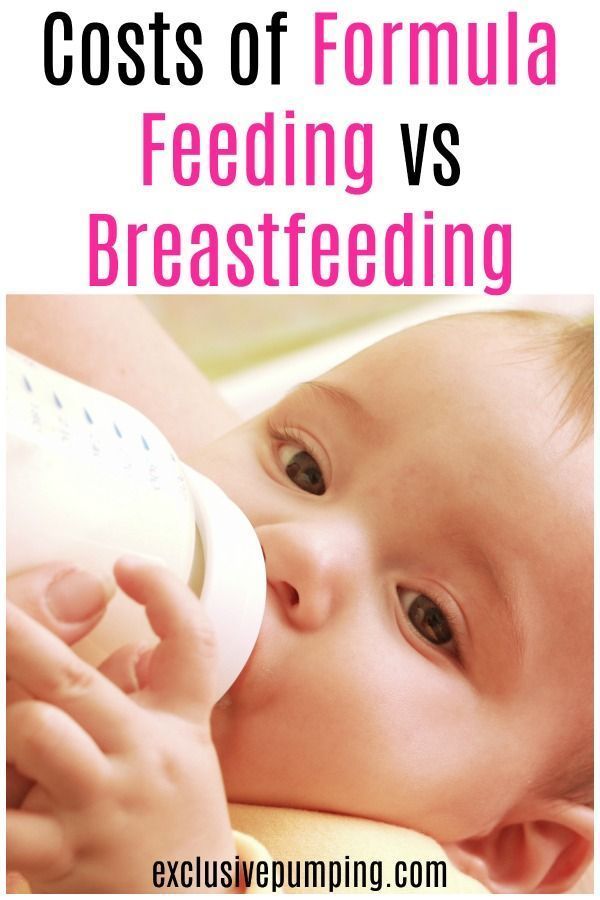 The effect of feeding method on sleep duration, maternal well-being, and postpartum depression. clinical lactation. 2011;1;2(2):22-26. - Kendall-Tuckett, K. et al., "Influence of feeding pattern on sleep duration, maternal well-being and the development of postpartum depression." Clinical Lactation. 2011;2(2):22-26.
The effect of feeding method on sleep duration, maternal well-being, and postpartum depression. clinical lactation. 2011;1;2(2):22-26. - Kendall-Tuckett, K. et al., "Influence of feeding pattern on sleep duration, maternal well-being and the development of postpartum depression." Clinical Lactation. 2011;2(2):22-26.
13 Brown A, Harries V. Infant sleep and night feeding patterns during later infancy: Association with breastfeeding frequency, daytime complementary food intake, and infant weight. Breast Med . 2015;10(5):246-252. - Brown A., Harris W., "Night feedings and infant sleep in the first year of life and their association with feeding frequency, daytime supplementation, and infant weight." Brest Med (Breastfeeding Medicine). 2015;10(5):246-252.
14 Hassiotou F et al. Maternal and infant infections stimulate a rapid leukocyte response in breastmilk. Clin Transl immunology. 2013;2(4). - Hassiot F. et al., "Infectious diseases of the mother and child stimulate a rapid leukocyte reaction in breast milk." nine0129 Clean Transl Immunology. 2013;2(4):e3.
Clin Transl immunology. 2013;2(4). - Hassiot F. et al., "Infectious diseases of the mother and child stimulate a rapid leukocyte reaction in breast milk." nine0129 Clean Transl Immunology. 2013;2(4):e3.
15 Li DP et al. Breastfeeding and ovarian cancer risk: a systematic review and meta-analysis of 40 epidemiological studies. Asian Pac J Cancer Prev . 2014;15(12):4829-4837. - Lee D.P. et al., "Breastfeeding and the risk of ovarian cancer: a systematic review and meta-analysis of 40 epidemiological studies." Asia Pas J Cancer Prev. 2014;15(12):4829-4837.
The child began to breastfeed more often. This is fine?
This is the period in a baby's life when he begins to breastfeed more often. For example, if yesterday your child ate an average of once every two hours, and today he requires a breast every half an hour or an hour, we are talking about cluster or group feeding. This is a temporary change in the feeding regime, however, parents are unlikely to be happy with such changes and may think that they are doing something wrong. We hasten to reassure you: cluster feeding is normal. nine0003
This is a temporary change in the feeding regime, however, parents are unlikely to be happy with such changes and may think that they are doing something wrong. We hasten to reassure you: cluster feeding is normal. nine0003
This usually happens within the first 28 days of a baby's life. As David Hill, Fellow of the American Academy of Pediatrics, says, the first "attack" of cluster feeding usually occurs on the 10-12th day of life, and then repeats in the region of three months. But in general, cluster feedings are typical for the entire first half of a baby's life.
Most often, cluster feedings occur in the late afternoon, when the child is tired of external stimuli and wants to calm down and fall asleep. Cluster feedings often accompany growth and developmental spurts. Sometimes they can last all day. nine0003
The first weeks and months of a baby's life are a difficult time for him, because he is constantly growing and developing, accepting new conditions of life outside the womb, adapting to the outside world. To do this, he needs not only to get food regularly, but also to calm down, because this big world is such a complicated thing.
To do this, he needs not only to get food regularly, but also to calm down, because this big world is such a complicated thing.
Sucking and being at the mother's breast is a natural need for the baby, so he uses cluster feedings not only to eat, but also to get close contact with the mother. So don't get mad at him, he really needs it. And do not listen to those who say that "that way he will make a dummy out of you." Won't. Listen to yourself and the child, you are doing everything right. nine0003
The good news is that there is evidence that this behavior of the child precedes a longer sleep (we are talking about four to five hours). Why, it's a whole chasm of uninterrupted sleep when you have a newborn!
Yes, indeed, cluster feedings can exhaust a mother. But, as the same Hill says, they are important for her, especially if they occur at the initial stage of motherhood. The fact is that by frequent application, the baby stimulates the production of milk, thus helping the mother to quickly establish full lactation. nine0003
nine0003
Of course, the baby needs maternal care and warmth, skin-to-skin contact, but you should not forget about yourself during this exhausting period of group feeding! More precisely, it is strictly forbidden, otherwise you risk bringing yourself to emotional exhaustion. Here's what can be done.
Do not blame yourself and the child. He is all right, all babies have such days, and you are doing everything right - offering him what he needs most of all now.
Do not forget to drink and eat , because your body is now intensively establishing lactation, which means it consumes a large amount of energy. Eat well and don't limit yourself to kuro-buckwheat.
Sleep between feeds . Facebook and Instagram can wait. Especially if cluster feedings caught you at night, and the baby wakes up every hour. Yes, it will seem to you that it is easier not to sleep at all than to spend time on short sleep sessions, but this is not so.
Connect partner . Yes, you may think that this is rather pointless, because he does not have breasts with milk. But he can carry the baby in his arms while you drink tea or spend time in the shower - during this period it is important to give yourself a little respite.
Don't listen to the "experts" . You will definitely be advised to put the child down and "let him scream" or do something else so that "God forbid, spoil him." But you shouldn't do that. We now know more about children and their needs than ever before. So: cluster feedings will not spoil your baby. He really needs them. In any case, more than senseless motion sickness, attempts to distract and hiss are more necessary. nine0003
It is believed that one episode of grouped feedings should not exceed two days, and the application itself should not exceed an hour. If the baby “hangs” on the chest for an hour and this has been happening for two days, you need to contact a lactation consultant or a pediatrician you trust.
We asked Daria Utkina, a doula and mother-and-child care consultant, to talk about cluster feeding.
Not all babies go through this period, but most do. It seems to me that knowing in itself that this is a physiological norm, and not an epic fail in becoming a milk fairy, already gives a lot of peace of mind. Often women worry that the reason for cluster feedings is the notorious “not enough milk”, although the child has just enough of everything. nine0003
Speaking of support, it's very cool when there are people nearby who also know that cluster feeding is a variant of the norm and you don't have to fight with it. Because even a confident and informed mother will be disturbed by the constant background anxiety of relatives. And if this is the first baby and everything is still completely new, then any comments on the topic “something is not working out for you”, “something is wrong with the child” will fall into the most vulnerable point.
Evening time can also be planned in advance, taking into account the baby hanging on the chest. Arrange with a partner to come to the beginning of vigils, call a postpartum doula or a friend / mother / anyone to be around. nine0003
On the contrary, it helps some women to break the stereotype about crazy evenings at home, pack the baby in a sling where he can feed non-stop, and go out into the world.
Well, adjust expectations all the time. Cluster feedings become a problem when the idea sits in your head that a baby usually eats at least once an hour, or even every three hours. And when everything happens differently, it makes you reconsider your ideas not only about babies, but also about your life with them.
Many of my clients find it helpful to remind themselves of "one thing a day." Especially for those who are accustomed to work tirelessly and assumed that while the baby was sleeping and eating, it would be possible to continue almost in the same rhythm.
Plus, sometimes it happens that cluster feedings are just situations where a child for some reason (inefficient attachment, a short bridle, for example) has to be on the breast all the time to get the right amount of milk. In this case, it would be good to call a consultant on breastfeeding and find out what is the reason. nine0003
During cluster feedings, a mother has a huge responsibility and may feel overwhelmed, exhausted and frustrated. Obviously, dads can't offer to help feed their baby, but there are some important ways they can help moms.
Get up with your mother. This is really important, she will not feel so lonely if the partner tries to cheer her up during feeding (and at the same time not fall asleep next to her).
Bathe, walk, entertain the child (and also his brothers and sisters). Cluster feeding will be much easier for mom if she can focus only on this.


